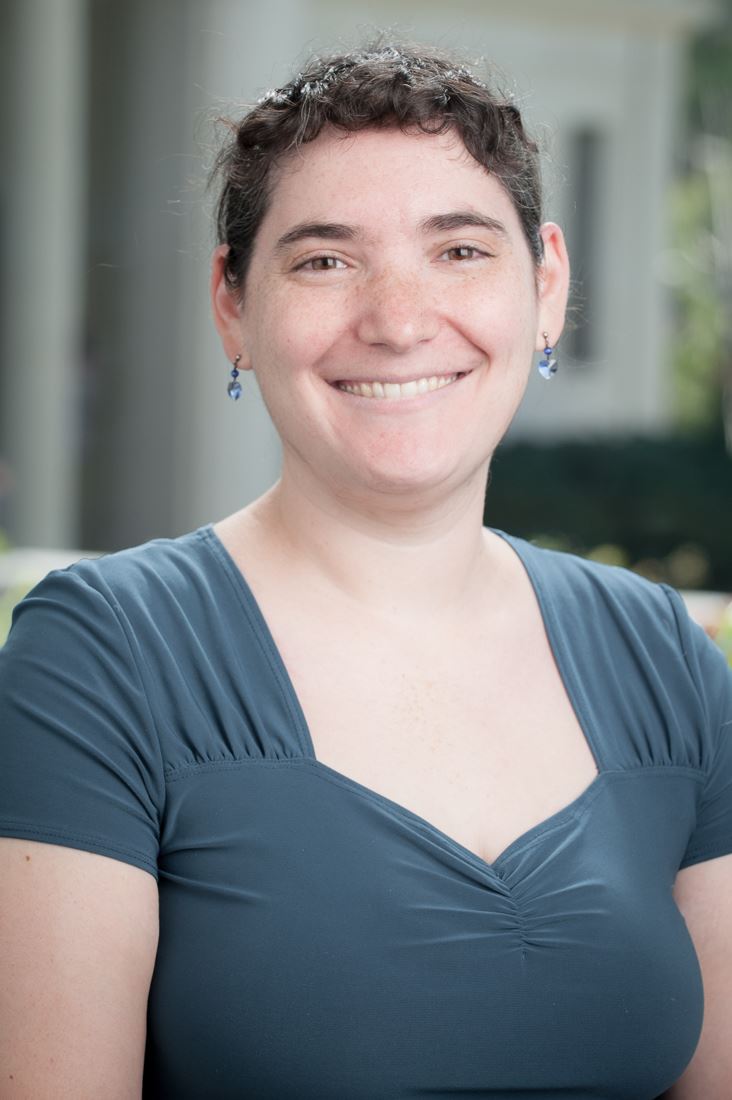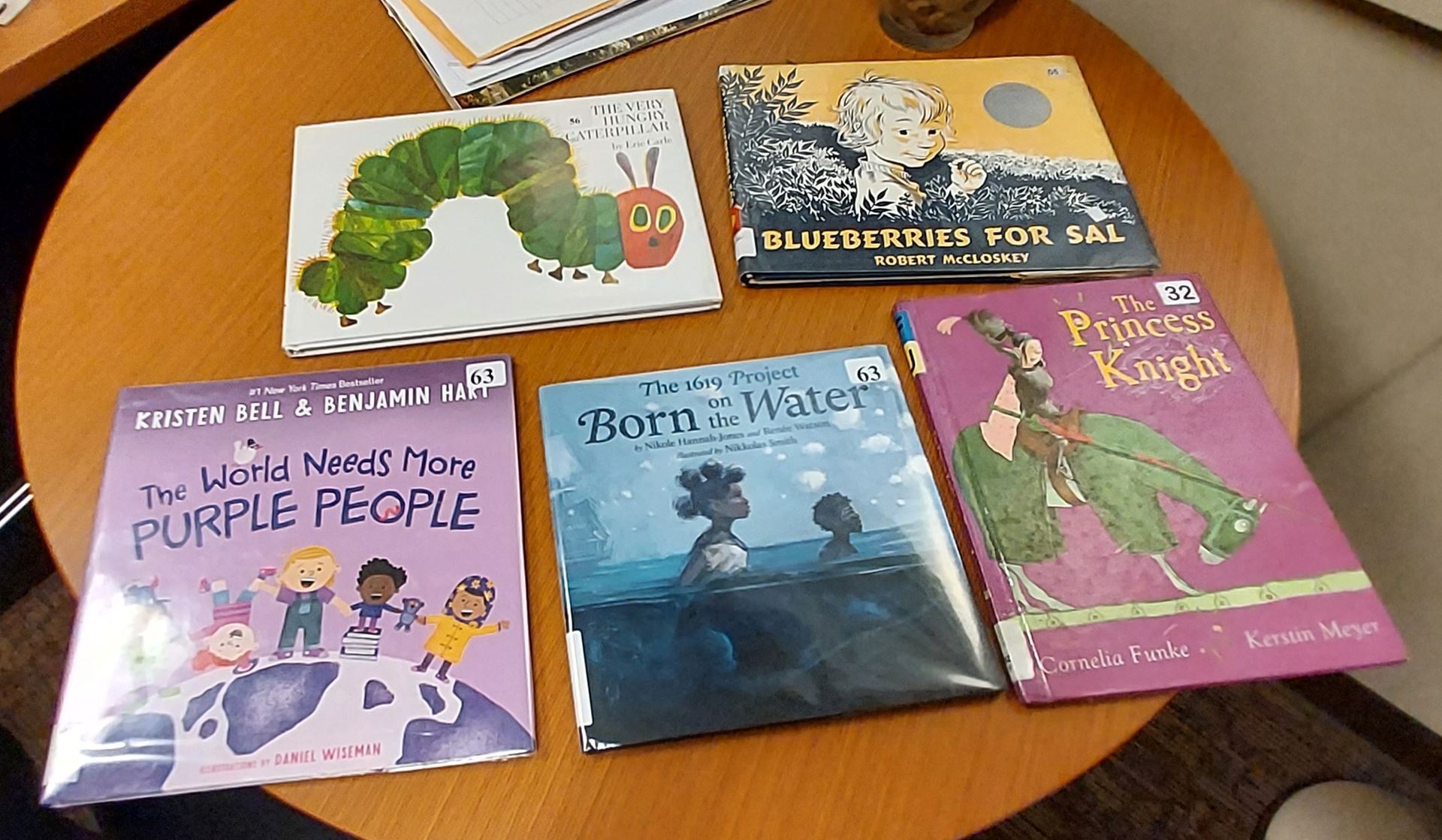 School name: Occidental College
School name: Occidental College
Type of school: Liberal Arts College
School locale: Los Angeles, California, USA
How many years have you taught psychology? 8 years (since 2015)
Classes you teach: Intro Psych, Research Methods, Developmental Psychology, Adolescence, Lifespan Development, Perception, Psycholinguistics, Critical Thinking
Specialization (if applicable): e.g. clinical, cognitive, teaching, etc. Developmental Psychologist/Psycholinguist
Average class size: 15 – 20
What’s the best advice about teaching you’ve ever received? If you are excited about what you are teaching, you will pass that enthusiasm onto your students. And have two textbooks, one that the students are reading, and a different one that you can use for examples the students have not seen.
What book or article has shaped your work as a psychology teacher? There are too many to choose from and the list keeps changing. The STP Facebook group has been an amazing resource over the last couple of years, having an opportunity to compare notes and trade activities with other dedicated educators. I am currently reading Inclusive Teaching by Hogan and Sathy. I was lucky enough to attend a workshop they taught several years ago which gave me great ideas for increasing participation in the classroom, especially for shy students, so I am looking forward to further insights to improve my classes. I’ve also been flipping through Culture across the Curriculum edited by Kenneth D. Keith to introduce some non-WEIRD examples into my classes.
Briefly tell us about your favorite lecture topic or course to teach. Whenever students ask me this question, it always stops me. I love teaching Intro Psych because I love helping students discover the wide and fascinating world of psychology. One of my favorite things is hearing students say that they have decided to become a psychology major partly from taking my class. I also love teaching seminar-based classes, most recently Adolescence and Psycholinguistics. Having the opportunity to draw students into discussions about methodologies used in the field or how these topics relate to their own lives reinforces how much I love being in the classroom and being around students. Sometimes I think my favorite “course” is getting to know my students.
Briefly describe a favorite assignment or in-class activity. It may be cheating, but I have one favorite assignment and one favorite in-class activity right now. The assignment is a final project called Stuck at Home Science where students have to design an activity to teach elementary school students about an aspect of psychology. I have done this in my Developmental Psychology and Perception classes. Sample activities include creating a spy code to teach children about the sounds that make up a language, teaching kids mindfulness techniques to help them deal with their emotions, and the gingerbread person as a way of thinking about the multiple aspects that make up their (social) identity. In recent years, I have begun sharing these activities with a local community of schools and through a campus organization called Boundless Brilliance that aims to encourage children, especially girls, to get excited about STEM education.
 My favorite in-class activity is giving a lecture on a particular topic (e.g., Gestalt principles) and then having students flip through picture books to find examples of the concepts we just discussed. I usually bring in a mix of nostalgic classics like Good Night Moon and The Very Hungry Caterpillar and contemporary picture books like Island Born and How We Say I Love You.
My favorite in-class activity is giving a lecture on a particular topic (e.g., Gestalt principles) and then having students flip through picture books to find examples of the concepts we just discussed. I usually bring in a mix of nostalgic classics like Good Night Moon and The Very Hungry Caterpillar and contemporary picture books like Island Born and How We Say I Love You.
What teaching and learning techniques work best for you? I am a big fan of active learning and non-traditional projects. Classes are so much more engaging when there is a conversation between me and students rather than just lecturing. I look for every opportunity to encourage students to participate in class. For example, in my Developmental Psychology class, I send students an email a day or two before a class when we’re discussing motor milestones or first words with the subject line “ask your parents.” When we discuss these topics in class, I ask for multiple volunteers to share their answers for motor milestones like crawling or walking, or we post it on a word web so we can see what types of words are most common but also the variety of words. I also like providing opportunities for students to practice applying material. Like I mentioned above, I like bringing picture books into the classroom and asking students to try to find concepts we discussed in class. Students frequently report that they appreciate having opportunities to see how material applies outside the classroom, whether it’s to their own lives, to their favorite TV shows or for their future careers.
What’s your workspace like? I like having things to look at, both as a break from reading student papers or journal articles, but also for students who may be nervous about talking to the professor. I have postcards on the wall behind my desk which are great conversation starters. I have pictures and knickknacks on my bookcase. It may not be the ideal office but it’s comfortable, which is important considering how much time I spend in my office.
Three words that best describe your teaching style. Enthusiastic, accessible, application-focused
What is your teaching philosophy in 8 words or fewer? Make the material relatable; engage with my students.
Tell us about a teaching disaster (or embarrassment) you’ve had and how you dealt with the situation. Teachers are people too. In one of my classes, we had regular short quizzes at the beginning of class. I kept two copies of the quiz on my computer, one for the students and one marked with the answers. One time, I printed the wrong copy of the quiz, and didn’t realize until I handed it out and students started chuckling to themselves. Finally, someone pointed out that I had given them the quiz with the answers on it. I sighed, shook my head, and proceeded to teach the lesson. Right before the end of the class, I pulled up a quiz on the same topic from a previous semester, put it on the screen and asked students to mark their answers on the back of the original test paper. You can bet I carefully checked what copy of the quiz I printed from then on.
What about teaching do you find most enjoyable? My favorite part of teaching hands down is the students. I love getting to know them and seeing them connect with the material. When students email me during the semester or after the semester has ended to share how they found a psychology example in their favorite TV show or book they were reading, it makes me really happy.
What is something your students would be surprised to learn about you? I am actually a very shy person outside of the classroom. My students never believe me because I am pretty confident in the classroom, but in unfamiliar settings, I can be just as nervous as them.
What are you currently reading for pleasure? Crouching Buzzard, Leaping Loon by Donna Andrews (a cozy mystery, cozier than the title would suggest)
What tech tool could you not live without? As my students could tell you, I have something of a love/hate relationship with technology. When it works, it’s great. When it doesn’t…grr. If I had to choose a tech tool, I would probably say I couldn’t live without email and my Google calendar. Sometimes they are the only way to communicate with students and keep track of my schedule.
What is your hallway chatter like? What do you talk to colleagues about most (whether or not it is related to teaching/school)? Colleagues and I will often chat about upcoming events in the department, compare notes over our never shrinking to-do lists or commiserate over the critiques of Reviewer 2.
Has your teaching changed because of the Covid19 pandemic? If so, how? (positive and/or negative changes) One change I made since the pandemic is providing a Zoom option for my classes when students are not feeling well. I would prefer that students stay home to rest and feel better, but I also do not want them to miss out on the material. This has come in handy for students who are sick but also occasionally for athletes traveling to a game or match. They appreciate they can still stay connected with the class even while engaged in their extracurricular activity (and occasionally makes for a nice way to fill the time on a long bus ride).
